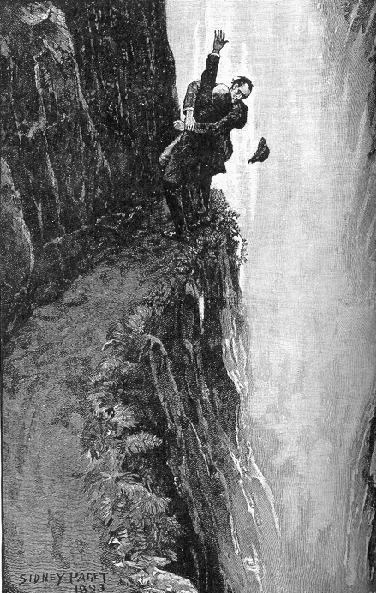 I have read many different types of books. No type of book, other than Scripture, has moved me as much as the confession. The first time I read St. Augustine's confessions I was in awe at his self-reflection and his honesty. I have not read another in this genre (I believe it has very few constituents) until I read Unplanned by Abby Johnson (also see the Curt Jester's review of the book, of which I linked earlier this month). Most might not put said book in the genre of confession but rather in the broader genre of say, autobiography, but I would beg to differ, due to the content and the general thrust of the work. Abby Johnson is downright candid in retelling her experience, with the help of experienced writer Cindy Lambert. The clarity with which she conveys her emotions is profound and moving. She has been through quite an experience over the last few years. Multiple times I found myself tearing up, in sorrow or in joy, sharing with her the pain, the suffering, and the joy.
I have read many different types of books. No type of book, other than Scripture, has moved me as much as the confession. The first time I read St. Augustine's confessions I was in awe at his self-reflection and his honesty. I have not read another in this genre (I believe it has very few constituents) until I read Unplanned by Abby Johnson (also see the Curt Jester's review of the book, of which I linked earlier this month). Most might not put said book in the genre of confession but rather in the broader genre of say, autobiography, but I would beg to differ, due to the content and the general thrust of the work. Abby Johnson is downright candid in retelling her experience, with the help of experienced writer Cindy Lambert. The clarity with which she conveys her emotions is profound and moving. She has been through quite an experience over the last few years. Multiple times I found myself tearing up, in sorrow or in joy, sharing with her the pain, the suffering, and the joy. Like Augustine, she has been able to piece together how God has worked in her life to bring her where she is. Her confession is a testament to God's providence and His gentle tenacity for the sanctification of lost souls. Abby indeed was lost in the lies a Planned Parenthood. Although she didn't say it, out of great love and care for her co-workers, one cannot help but see in many who work at PP the old familiar phrase, "the road to hell is paved with good intentions." Her intentions were very noble and nothing but genuine. They were used for very unnoble and nothing but false means, the procuring of abortions for many women.
She captured the humanness of people on both sides of "the fence." One can tell she made a deliberate point not to demonize those at Planned Parenthood. She rather showed us all that when one is treated humanly, even if on the wrong side of the fence, one can understand the error in which they live.
I suggest this to anyone who works with the pro-life movement. It is enlightening and encouraging. Abby is what some might call a super-save. She no longer assists Planned Parenthood in procuring confused and misinformed women abortions. In turn, she now quietly and gently urges and prays for those confused and misinformed women to not have an abortion.
As a final note, I would suggest this to all seminarians and priests. Because of Abby's candidness, one can really see the movements in her soul. One can see the influence of evil spirits and good spirits. One can see how the evil spirit depresses her once she makes a choice for good and how the good spirit encourages her on. One can see the good spirit biting at her through her parents and her husband. This is a great book to read to begin to understand what a soul, that we might be directing, goes through.
